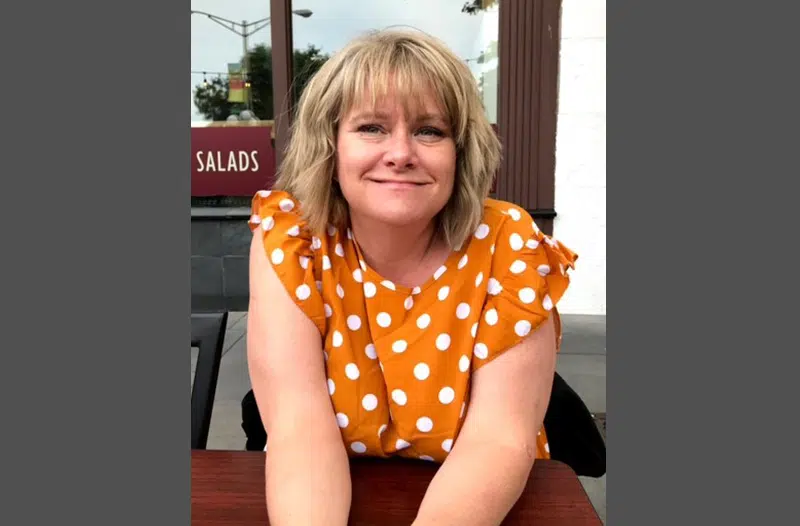PUBLISHED: 22nd May 2020

by Aimee Dinschel
My mother was diagnosed with breast cancer when I was five years old. Fortunately, she survived her diagnosis and lived another 30 years. Then when I was in my 30s, two of my older sisters were diagnosed with breast cancer. Unfortunately, both passed away from breast cancer in 2011.
In 2017, I completed genetic testing and found out that I have a PALB2 mutation. I was not very surprised given my family’s history and the fact that another sister, my brother and two nieces had previously tested positive for the same mutation. My mutation puts me at high risk for breast and pancreatic cancer.
Learning about my mutation changed my life
Learning that I had a genetic mutation and talking to genetic counselors and oncologists allowed me to make informed decisions about how to manage my risk. I chose to have a risk-reducing mastectomy and breast reconstruction. Learning about my mutation and taking action to manage my high risk of breast cancer was empowering. It was also transformative. I no longer lived in near-constant fear of cancer. I began feeling less anxiety and more self-confidence. I take better care of myself, exercising more, and at age 45 I became a runner.
Another big part of my transformation has been my experience as a peer mentor with FORCE. In this role, I’ve had the opportunity to get to know others who are at high risk of breast cancer. I have been able to share my experience and help others to make informed decisions.
Compared to other mutations, not as much is known about PALB2. I would advise others with the same mutation to stay well informed on the latest research and recommendations. I do this by having regular follow-ups with genetic specialists.
1 Comments
April 12, 2024
Thank you for sharing your story! How long did it take you to decide for the mastectomy? I also have the palb2 mutation and have now been advised to consider it...
Elisabeth
Reply